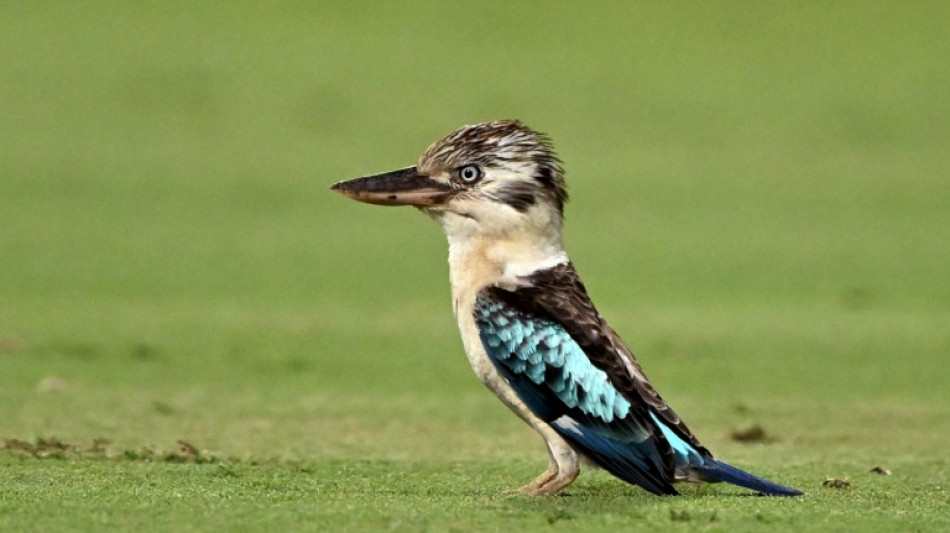
SCS
0.0200


Scientists have documented a surprising rate of sex reversal in wild Australian birds, a phenomenon that could be explained by rising pollution or other environmental triggers.
A study of five common Australian species, including kookaburras, magpies and lorikeets, found around six percent of birds had the chromosomes of one sex but the reproductive organs of another.
The findings indicated a surprisingly high number of birds had reversed their sex after birth, said researchers from the University of the Sunshine Coast.
"This indicates that sex determination in wild birds is more fluid than we thought, and can persist into adulthood," said study co-author Dominique Potvin.
The study performed DNA tests on almost 500 birds.
The overwhelming majority of sex reversals involved genetically female birds growing male gonads.
"We also discovered a genetically male kookaburra who was reproductively active with large follicles and a distended oviduct, indicating recent egg production," said Potvin.
Sex reversal is well known in certain species of reptile and fish but is thought to be rare in wild birds and mammals.
Scientists have documented how pollutants and even warm temperatures can trigger sex reversal in frogs.
The cause of sex reversal in wild birds was not clear, the University of the Sunshine Coast study said.
But it could be due to environmental factors, such as hormone-disrupting chemicals building up in wild areas.
"Understanding how and why sex reversal occurs is vital for conservation and for improving the accuracy of bird research," added Potvin.
The study was published this week in peer-reviewed journal Biology Letters.
W.Tam--ThChM